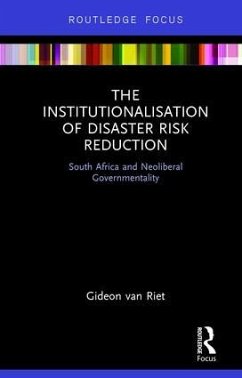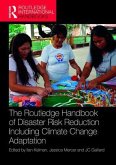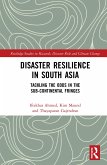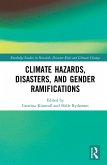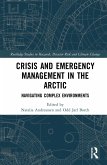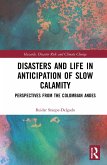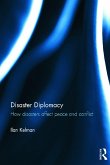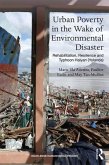The past three decades have seen a global shift in disaster management from an event driven response to a 'could-be' risk management approach. Disaster Risk Reduction (DRR) has become entrenched as a dominant paradigm within the field of disaster management. More than a decade after adopting DRR legislation in South Africa there remains a dearth of evidence that this has translated into substantive action. This book examines the institutionalisation of DRM in South Africa. Using a Critical Theory approach, the book does not consider why DRR is failing but instead asks 'why DRR?' It explores possibilities beyond DRR's narrow optic and offers new insights into disaster management.

